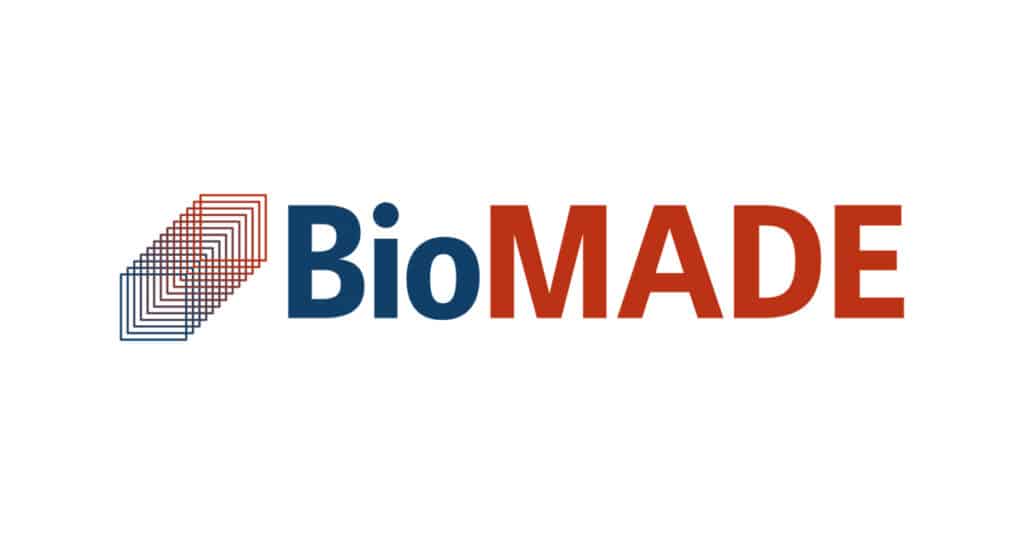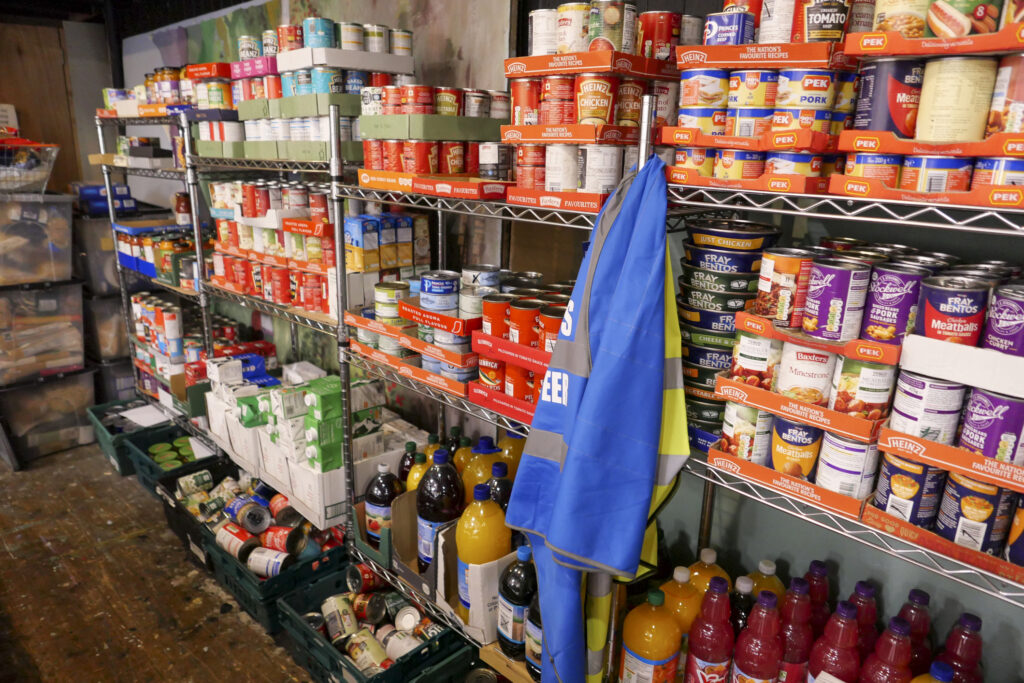CIWW beginning phased lift of lawn watering ban Tuesday

Business Record Staff Jul 21, 2025 | 11:42 am
2 min read time
418 wordsAll Latest News, Energy, Government Policy and LawCentral Iowa Water Works’ technical committee has voted to lift the ban for residential lawn watering, starting July 22. To manage demand, lawn watering must be conducted on an even/odd lawn watering schedule.
- Even numbered addresses – Sunday, Wednesday, Friday
- Odd numbered addresses – Tuesday, Thursday, Saturday
- No watering on Monday
The residential lawn watering ban has been in effect since June 12, stemming from high nitrate levels in Des Moines’ water sources that made it difficult for CIWW’s water treatment system to treat water quickly enough to meet the region’s water demands while staying within federal nitrate limits.
The goal of the phased approach is to allow lawn watering to begin again while reducing the odds of violating the federal nitrate standard, CIWW said in a press release Friday. By gradually reintroducing demand into the system, the utility can better manage the water consumption and production levels. This is the quickest way to enable residents to use automatic lawn sprinklers while still providing drinking water that meets all safe drinking water standards, according to CIWW.
The lawn watering ban will be lifted on other entities over the next three weeks, the release said. The second phase will allow commercial lawn watering for businesses such as gas stations, business complexes, banks and malls and the third phase will restore watering for local governments including city, county, state and school districts.
The federal limit for nitrates in drinking water is 10 parts per million. On Sunday, the Raccoon River was at 7.75 mg/L and the Des Moines River was at 9.12 mg/L. In June, those numbers were 13 mg/L and 14 mg/L, respectively.
“Many factors led to this decision,” Tami Madsen, executive director of CIWW, said in a prepared statement. “As we have said several times, we needed to see nitrate concentrations in at least one water source decline to 10 mg/L and stay there for a sustained period. This week, that happened in the Infiltration Gallery.”
The Infiltration Gallery is a three-mile stretch of underground pipes that collect alluvial groundwater, which is then naturally filtered through sand and gravel before being delivered to the Fleur Drive Treatment Plant for further treatment. The gallery has the capacity to produce more than 30 million gallons of water daily.
“We have a responsibility to deliver safe water for everyone, and that has been challenged
by the water quality issues in our major water sources, which necessitated this ban,” Madsen said. “We are deeply appreciative of the compliance and support we have received throughout our region.”









